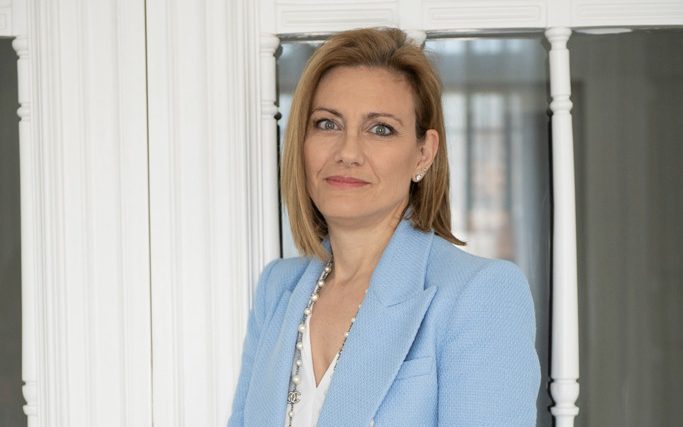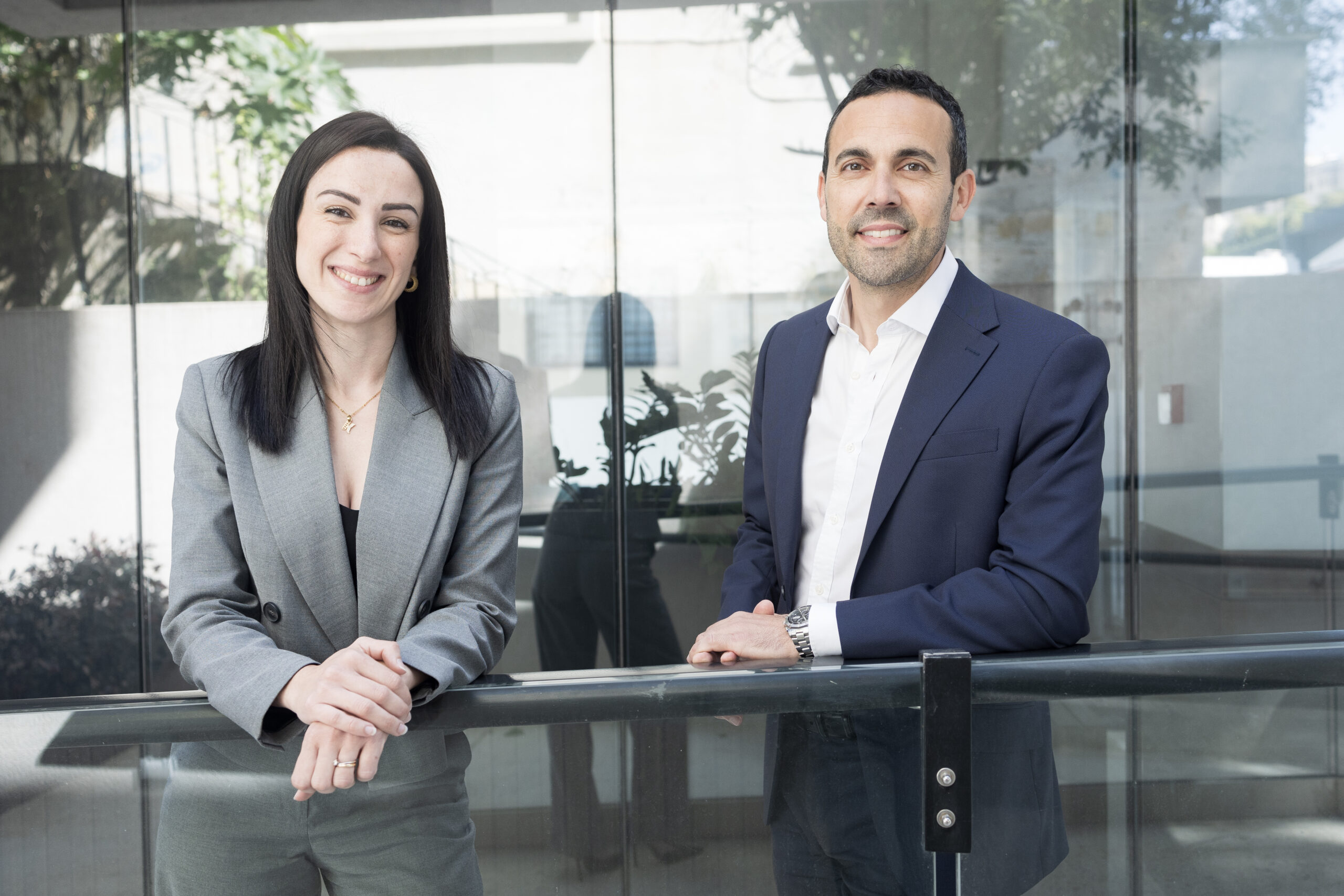Adriana Camilleri Vassallo, CEO at Francis J. Vassallo & Associates (FJVA) set up the corporate, tax and advisory services provider in 1998, together with her father, Francis J. Vassallo
Asked to give her take on the economic impacts brought about by the current geopolitical scenario, Adriana Camilleri Vassallo notes that in her view, the impact of the pandemic and the impact of the war in Ukraine should be considered separately, despite both having had, and will continue to have, an impact on the Maltese economy.
“On the one hand, the pandemic had a negative impact with many sectors of the economy working at less than full capacity. This resulted in a slowdown in the economic activity of the country, with the tourism, catering and accommodation sectors feeling the full brunt of such economic downturn. On the other hand, other sectors, such as the financial services sector, in which my company operates, were more fortunate not to have been negatively impacted to the same degree,” she explains.
Nevertheless, the CEO at Francis J. Vassallo & Associates (FJVA) continues, “the resulting downturn in economic activity reduced the profitability of a large segment of the economy, resulting in less revenues being raised by Government through direct and indirect taxation.” At the same time, she notes that despite this reduction in Government revenue, the Maltese Government implemented economic rescue measures to save livelihoods as a result of abrupt losses of income. “This naturally led to a drastic increase in the country’s debt burden,” she highlights.
Meanwhile, Ms Camilleri Vassallo affirms, the impact from the Ukraine-Russia war is affecting supply chains and energy prices, resulting in inflation. “The Maltese Government has stated that it will do everything possible to protect the Maltese economy from the negative effects caused by the Ukraine-Russia war, but with the country’s debt burden having already substantially increased as a result of the pandemic, the question remains – is this increase in public spending sustainable?” she posits.
Answering her own question, the CEO believes that this is not the case, stating that measures should be taken to get Malta’s finances back on track. “These funds will need to come from somewhere. We are an island and heavily impacted by supply chain shortages and certainly not immune to the inflationary pressures that the whole world is exposed to. At some point we will also need to face these realities,” she affirms.
Ms Camilleri Vassallo also goes on to draw attention to the challenges the local economy continues to face due to Malta’s greylisting. “Whilst the direct effects may not be so evident to some, the indirect effects are also having a negative impact. We need to ensure that Malta is removed as soon as possible to avoid the medium to long-term effects that remaining on the grey list will have,” she warns, pointing out that the signals seem to suggest that we are on the right track in this respect.
On the subject of controlling inflation, the CEO references the fact that the President of the European Central Bank (ECB) has already announced that the ECB is set to increase interest rates in July and September 2022. “Changing interest rates is a primary mechanism used to avoid prolonged inflation and achieve price stability. The ECB increasing interest rates makes government borrowing more expensive. The Central Bank of Malta would then need to follow,” she notes, adding that this general increase in interest rates would make it more attractive for consumers to save with higher yields on saving deposits.
On the other hand, she continues, loans will become more expensive, which would generally lead to a slowdown in private investment. For this reason, Ms Camilleri Vassallo believes that an increase in interest rates would be a necessary measure, reiterating, “Malta is not immune to the negative impacts being faced by the world economy.”
“It is important to note that when people start talking about inflation, many companies could take advantage and increase prices of their products, with the excuse of inflation, as has happened in the past,” she continues, affirming that this inflationary aspect should be controlled immediately as it could spiral into wage increases.
“Malta needs to align public spending with revenues in order to be able to sustain the economy in the longer term rather than the short or medium term. Government recruitment has also increased over these past years, and thus a re-think of Government recruitment in the public sector needs to be re-considered, something which was also mentioned by the outgoing Principal Permanent Secretary Mario Cutajar in the past months,” she concludes.
This feature was first carried in the Summer 2022 edition of Business Now magazine, the sister brand to BusinessNow.mt
Featured Image:
Adriana Camilleri Vassallo, CEO at Francis J. Vassallo & Associates (FJVA) / Photo by Bernard Polidano
Malta’s next leap: Secured
How ESET delivers enterprise-grade security to meet Malta’s digital ambitions
Mastering the language of business: How BELS is crafting bespoke training for a dynamic economy
BELS Malta Director of Studies Arianna Muscat on how the language school helps companies equip their teams for success.
Built differently – CLA Malta offers custom solutions in a cookie-cutter landscape of tax advisory and business
Their client-centric philosophy extends far beyond conventional consultancy.






